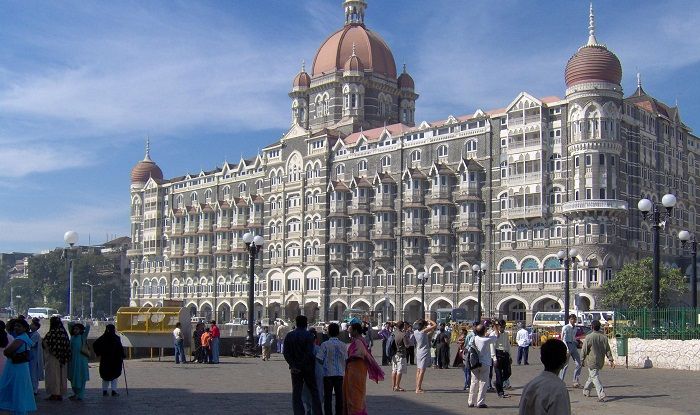Mumbai: The Maharashtra government on Monday issued a new “break the chain” order where 11 districts including Kolhapur, Sangli, Satara and Pune are allowed to have level 3 unlock (ease of restrictions). However, for Mumbai, Mumbai suburban & Thane districts, the government has asked Disaster Management Authorities to take the final decision on reducing imposed restrictions.
Earlier today, chief minister Uddhav Thackeray had said that the shops in the districts where COVID infections have reduced will be permitted to remain open till 8 pm instead of 4 pm. However, the chief minister further added that the restrictions will continue in those districts where the infection is still on rise. “As far as giving relaxation is concerned, the state government is issuing an order today allowing shops to remain open till 8 pm (where positivity rate is low). However, where the number of cases is still not coming down, restrictions will remain the same,” he said.
Many traders in the state and the opposition BJP have been demanding that the timings of shops be extended till 8 pm from the current deadline of 4 pm. Thackeray said the Covid-19 situation in all such districts, including Satara, Sangli, Kolhapur, Raigad, Ratnagiri, and Sindudurg, was a cause of worry.
The restrictions that have been imposed through Break the Chain Orders dated 4th June, 2021 and 17th June, 2021 for level 3 be continued for the following districts – Kolhapur, Sangli, Satara, Pune, Ratnagiri, Sindhudurg, Solapur, Ahmednagar, Beed, Raigad, Palghar
Amongst the above districts, considering the higher number of positive cases, higher emergence of fresh cases in the districts of Sindudurg, Satara and Ahmednagar, the respective disaster management authorities to impose effective restrictions in the said districts. The decision regarding reducing the currently imposed restrictions in Mumbai, Mumbai Suburban and Thane districts to be taken by the Disaster Management Authorities of the said districts
Apart from the above 14 districts, in all the other districts, the existing restrictions to the extent mentioned below are modified:
- All essential and non-essential shops (including shopping malls) to remain open on all weekdays till 8 PM and till 3 PM on Saturday. All shops and malls except essential shops to remain closed on Sundays.
- All Public Gardens and playgrounds can be kept open for the purpose of exercise, walking, jogging and cycling,
- All Government and Private Offices can be operational with full capacity. Staggering of work hours to be done to avoid crowds while travelling.
- The offices that can function through working from home should continue to do so. All agricultural activity, Civil Works, Industrial activity, transport of goods can remain functional at full capacity
- Gymnasiums, Yoga Centers, Hair Cutting salons, beauty parlors, Spa’s can remain open without use of air-conditioners and with 50% capacity till 8 PM on weekdays and till 3 PM on Saturdays. The said services will remain closed on Sundays.
- All cinema theaters, drama theaters and multiplexes (independent and inside malls) to remain closed till further orders.
- All places of Worship in the State to remain closed till further orders.
- The orders of the State Education department and the Higher and Technical Department will be applicable for schools and colleges.
- All restaurants will remain open with 50% seating capacity till 4 PM on weekdays subject to adherence to all COVID 19 protocols. Parcel and Takeaway to be allowed as is allowed currently
- Restrictions on movement will be applicable from 9 PM to 5 AM
- In order to avoid crowding, restrictions imposed on birthday celebration, Political, Social and Cultural events, elections, election campaigning, rallies, protest marches to be continued
- All COVID 19 protocols – use of masks, social distancing etc. to be scrupulously followed across the State by all the citizens.
Failure in stringent adherence to the same will result in action on the defaulters under relevant sections of the Disaster Management Act, 2005, the Epidemic Act and Section 1860 of the Indian Penal Code.
